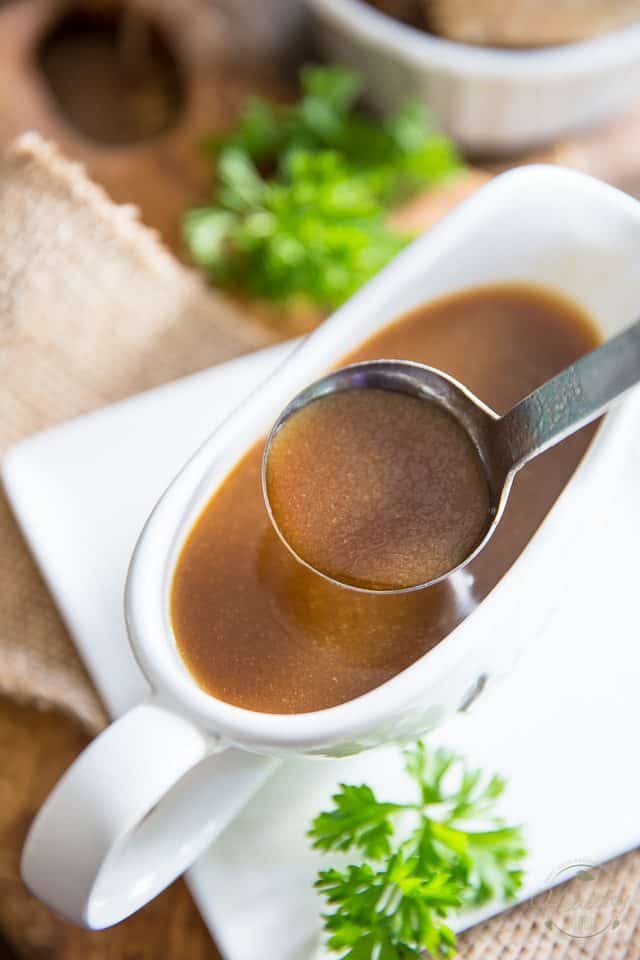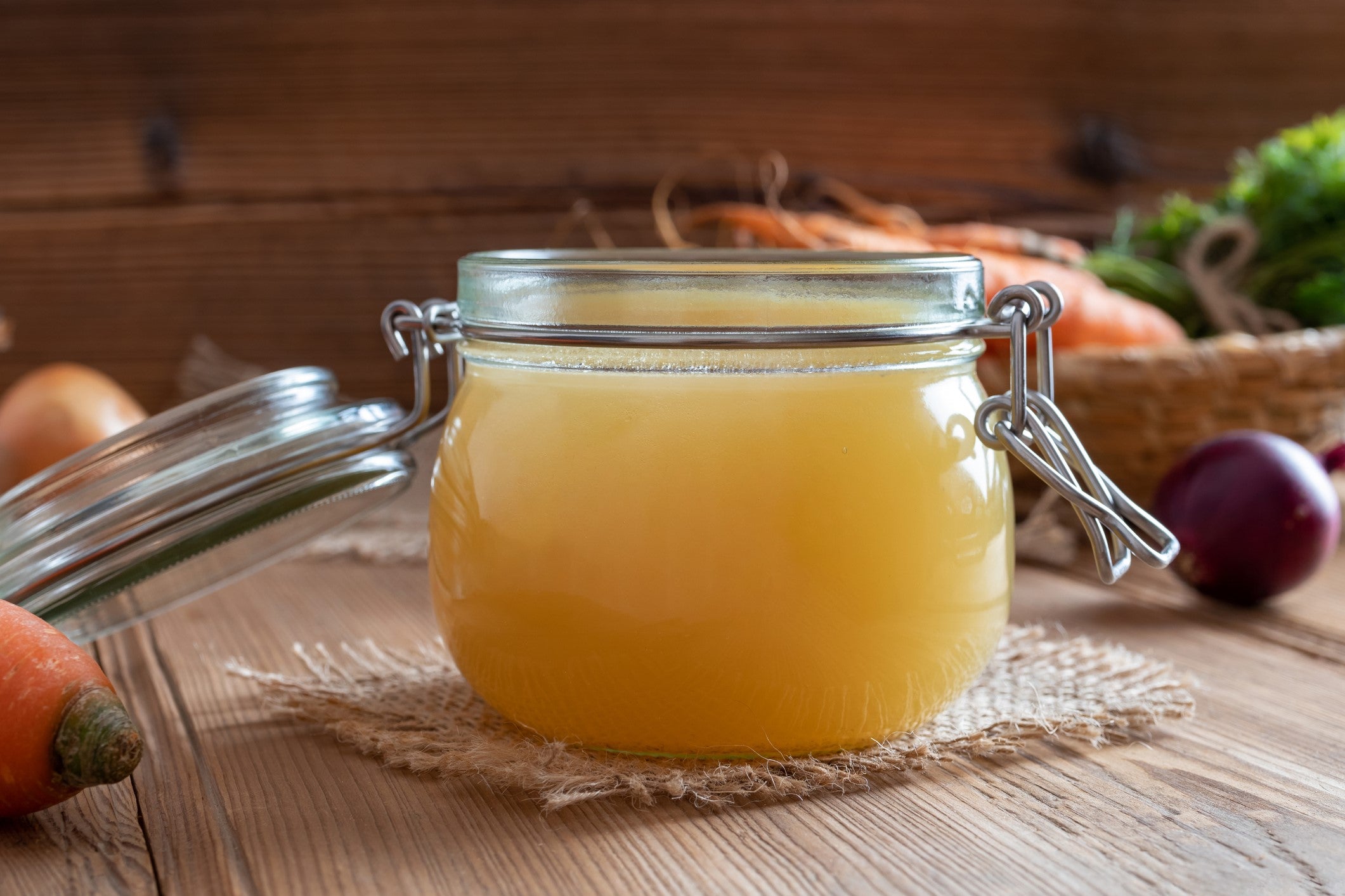Bone Broth for Infants: Soothing Support for Tummy Troubles
Bone Broth for Infants: Soothing Support for Tummy Troubles
Blog Article
The Relevance of Healthy And Balanced Food: Why Bone Broth Is a Terrific Selection for Infants
Bone broth stands out as a nutrient-dense choice, using important vitamins and minerals that support development and development. What are the finest methods to introduce bone broth to your little one?
Nutritional Advantages of Bone Broth for Infants
When you introduce bone broth to your infant's diet regimen, you're supplying a nutrient-dense food that provides countless wellness advantages. Loaded with necessary minerals and vitamins, bone broth consists of calcium, magnesium, and phosphorus, which sustain your infant's expanding bones. It's also rich in collagen, aiding in the development of healthy and balanced skin, joints, and connective tissues.
In addition, bone broth is an excellent resource of amino acids like glycine and proline, which play a substantial duty in total growth and muscular tissue growth. These nutrients help promote a solid body immune system, establishing a strong foundation for your baby's wellness.
Additionally, bone broth is simple to absorb, making it a mild alternative for your child. By incorporating this wholesome food right into their meals, you're ensuring they get necessary nutrients needed for their overall wellness. So, go on and make bone broth a staple in your infant's diet plan!
Just How Bone Broth Supports Food Digestion
Bone broth is loaded with necessary nutrients that can actually profit your baby's food digestion. It advertises digestive tract wellness and aids with nutrient absorption, making it a wonderful enhancement to their diet. By integrating bone broth, you're setting the phase for a much healthier gastrointestinal system.
Nutrient-Rich Composition
One of the most nutrient-rich foods you can introduce to your baby's diet plan is bone broth, which is packed with vital minerals and amino acids that sustain healthy and balanced digestion. Rich in collagen, bone broth helps enhance your infant's gut lining, making it simpler for their body to take in nutrients. By integrating bone broth right into your child's meals, you're providing them a wholesome food that supports their gastrointestinal system successfully.
Advertises Gut Health And Wellness
As you introduce bone broth into your infant's diet, you'll locate it not just nurtures but also promotes digestive tract health effectively. Rich in jelly, bone broth aids soothe the digestive system, reducing swelling and sustaining a healthy gut cellular lining. This is important for babies, as a balanced gut setting lays the foundation for overall health and wellness. In addition, the amino acids discovered in bone broth, such as glycine, aid in digestion and can assist avoid common tummy problems. By integrating this nourishing fluid, you're giving your baby with important nutrients that add to a growing gastrointestinal system. Inevitably, a healthy gut can influence every little thing from resistance to state of mind, making bone broth an excellent option for your kid.
Aids Nutrient Absorption
Introducing bone broth not only supports intestine health and wellness yet likewise plays a significant function in aiding vitamins and mineral absorption. When you give your baby bone broth, you're providing an abundant resource of minerals and amino acids that boost their digestive processes. The jelly in bone broth helps to relieve the digestive tract cellular lining, improving its capacity to take in necessary nutrients.
Strengthening the Body Immune System With Bone Broth

Additionally, bone broth has glycosaminoglycans, like glucosamine, that can improve the immune system's ability to function effectively. This implies it not just aids in developing defenses yet also help in recovery from illnesses. By incorporating bone broth right into your child's diet, you're giving an all-natural source of sustenance that promotes wellness. Think about making bone broth a staple in your baby's meals, as it can play a vital duty in their immune wellness and growth.
Easy Ways to Integrate Bone Broth Into Child's Diet regimen
Including bone broth right into your infant's diet regimen can be basic and gratifying. You can also use bone broth as a base for soups or stews that you prepare for the household, ensuring your baby obtains a taste of tasty, healthy and balanced meals.
If your child delights in grains, take into consideration cooking rice or quinoa in bone broth rather of water for added nutrients. These techniques will certainly assist your baby enjoy the advantages of bone broth easily!
Homemade vs. Store-Bought Bone Broth: What to Pick
Which is much better for your infant: homemade or store-bought bone broth? Self-made bone broth supplies you full control over the ingredients.
On the other hand, store-bought choices are hassle-free and conserve you time. They usually consist of chemicals and might not match the deepness of flavor and nourishment you get from homemade broth. If you choose for store-bought, search for brands that are organic and devoid of ingredients.
Ultimately, if you have the moment and resources, homemade bone broth is the remarkable option for your baby's health. If you're brief on schedule, select a top quality store-bought alternative as a back-up.
Age-Appropriate Bone Broth Serving Suggestions
As your infant expands, it is necessary to customize bone broth offering suggestions to their developing phase. For babies around 6 months, begin with a couple of spoonfuls of diluted bone broth. Mix it with water or breast milk to make it much easier for them to digest. As they come to be accustomed to flavors, you can slowly introduce thicker broth by decreasing the dilution.
By the time your little one is around a year old, consider providing bone broth as a standalone drink or blending it into soups and stews. Just make sure to keep the broth low in salt.
Various Other Healthy Foods to Couple With Bone Broth for Babies
When you're aiming to boost the nutritional value of bone broth for your baby, take into consideration coupling it with nutrient-dense veggies like carrots and spinach. Entire grain alternatives, such as quinoa or view website wild rice, can also include texture and fiber. Furthermore, incorporating healthy and balanced protein sources like shredded chicken or lentils look at here now will certainly round out the dish perfectly.

Nutrient-Dense Veggies
Nutrient-dense veggies are an amazing enhancement to bone broth for infants, improving both taste and nutrition. Integrating veggies like carrots, spinach, and sweet potatoes can enhance the vitamin and mineral web content of your broth.
You can quickly blend these veggies into the broth or offer them as soft, cooked items together with it. This not only introduces new tastes but additionally urges your little one to appreciate a selection of nutrients. By matching nutrient-dense vegetables with bone broth, you're laying the foundation for a healthy and balanced diet plan right from the start.
Entire Grain Options

Healthy And Balanced Healthy Protein Resources
Bone broth sets wonderfully with different healthy and balanced protein resources, even more boosting your baby's diet regimen. Attempt adding soft, cooked lentils; they're nutrient-dense and stuffed with healthy protein. You can also mix in shredded chicken or turkey, which are easy for your youngster to absorb. If you're looking for plant-based alternatives, think about mashed tofu or pureed chickpeas-- both give excellent protein without frustrating tastes. Eggs, when presented securely, are another great option; they're functional and loaded with nutrients. Eventually, assimilating some well-cooked quinoa can add a nice texture and extra protein. By combining these healthy and balanced protein sources with bone broth, you're providing your baby a well balanced, nourishing dish that my review here sustains their growth and development.
Often Asked Inquiries
Can Bone Broth Cause Allergies in Infants?
Yes, bone broth can trigger allergies in infants, specifically if they're delicate to particular active ingredients. Constantly consult your pediatrician before introducing brand-new foods and display for any type of indicators of allergic reactions after feeding.
How Should Bone Broth Be Saved for Babies?
You should save bone broth in closed containers, either in the refrigerator for approximately a week or in the fridge freezer for as much as 3 months. where to get bone broth. Constantly thaw it appropriately prior to serving to your baby
Is It Safe to Offer Bone Broth to Premature Babies?
It's vital to consult your pediatrician before presenting bone broth to premature babies. They'll examine your infant's particular health needs and assure it's safe, considering their one-of-a-kind dietary demands and developmental phase. Always focus on experienced suggestions.
What Are the Indications of Intolerance to Bone Broth in Infants?
When presenting bone broth, look for signs like fussiness, rash, looseness of the bowels, or throwing up. If your infant reveals any one of these reactions, it's best to consult a pediatrician prior to remaining to provide it.
Can Bone Broth Be Made Use Of as a Dish Replacement for Infants?
No, you shouldn't make use of bone broth as a dish substitute for infants. It lacks essential nutrients needed for their growth. Rather, integrate it into their diet regimen together with well balanced meals for added sustenance and flavor.
Report this page